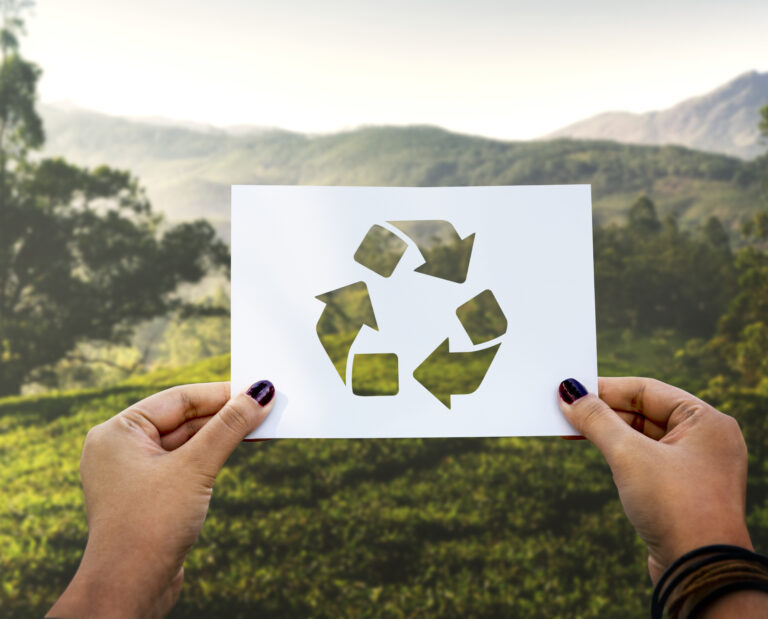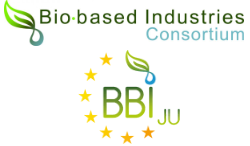Author: Juan Antonio Tamayo Ramos, ITENE
Plastic waste management has been evolving during the last two decades, improving the recyclability and sustainability of the processes involved. Year after year, recycling and energy recovery have gained ground on landfilling, which is the worst option for plastic waste management from a sustainability point of view. It is also relevant to highlight that recycling rates for plastics are more than ten times higher when plastic waste is collected separately. However, due to the nature of certain types of plastics, and the technological limitations of the sorting processes currently used in plastic waste management plants, not all recovered plastics can be recycled. This is the case for multi-layer plastics (e.g. PET-PE) and PET clamshell containers.
These materials were the focus of the ENZYCLE project, which runs from 2020 to 2024, and addresses the major challenge of the non-recyclable plastic fractions in the global plastic waste crisis. Funded by the European Union’s Horizon 2020 programme, the project aims to develop innovative solutions using microbial enzymes to upgrade these fractions, transforming them into valuable resources.
The project started with the search for and characterization of enzymes with high hydrolytic activity towards certain types of plastics, in particular polyesters (PET) and polyolefins (PE and PP). These enzymes occur naturally in microorganisms, but need to be optimized for efficient plastic degradation. In this regard, the ENZYCLE project studied the activity of native enzymes from wild microbial strains, and has been using advanced techniques too, like protein engineering, to improve their catalytic properties, such as PHL7 enzyme, improving its thermal stability and activity towards PET.
These improvements have resulted in PHL7 versions that are capable of rapidly and efficiently degrading PET plastic from clamshell containers, in reactions that occur at moderate temperatures. ENZYCLE has been studying as well different approaches to develop efficient downstream processes for the recovery of TPA, one of the monomeric constituents of PET. After adequate purification and crystallization steps, the recovered TPA powder can be employed for the repolymerization of new PET, and for the obtention of polyols that can be used in the production of new polyurethane foam.
ENZYCLE PET degrading enzymes can also be used to recover the polyolefin fraction of multilayer materials such as PET-PE. By using PET hydrolases under optimal conditions, the PET fraction can be eliminated, allowing the recovery of the PE (polyethylene) fraction. This fraction can then be further processed through mechanical recycling to obtain new products, such as thin PE films that can be used in the food industry. The achievement of these results, which are promising in the effort to alleviate the plastics recycling crisis, was made possible by the joint efforts of the ENZYCLE consortium, with the support of the Circular Bio-based Europe Joint Undertaking (CBE-JU, formerly BBI-JU).
(Picture credits: rawpixel.com on Freepik)




